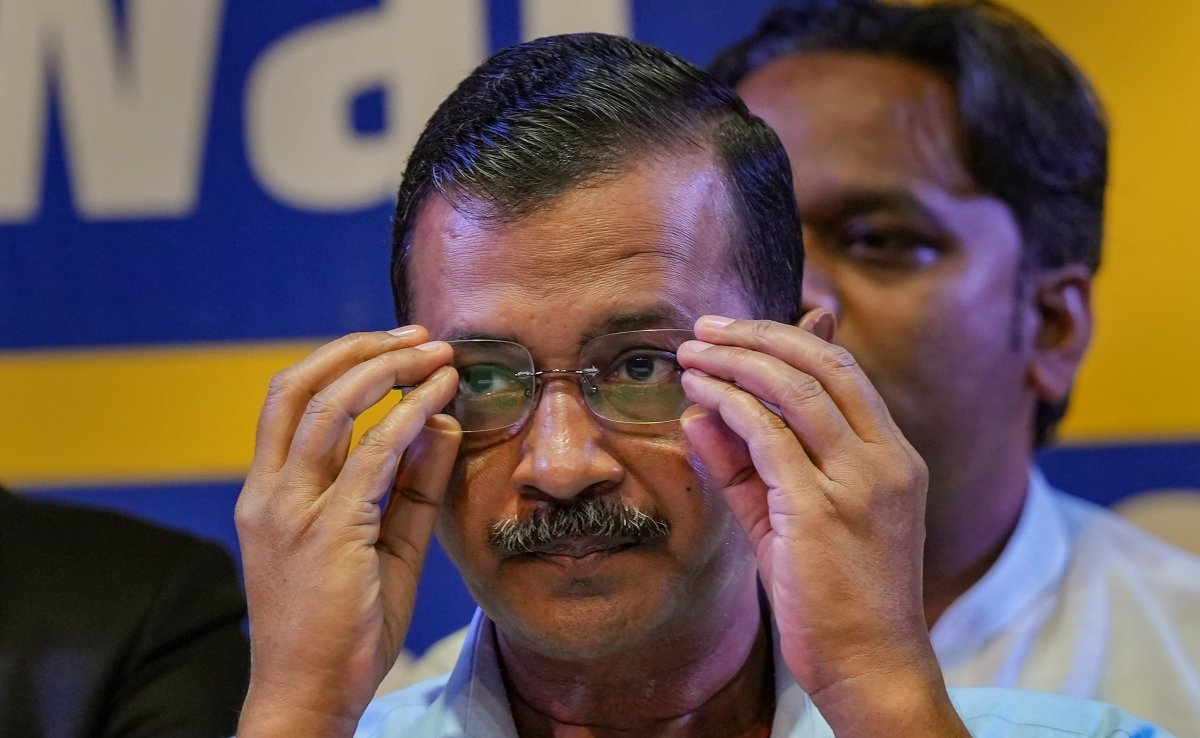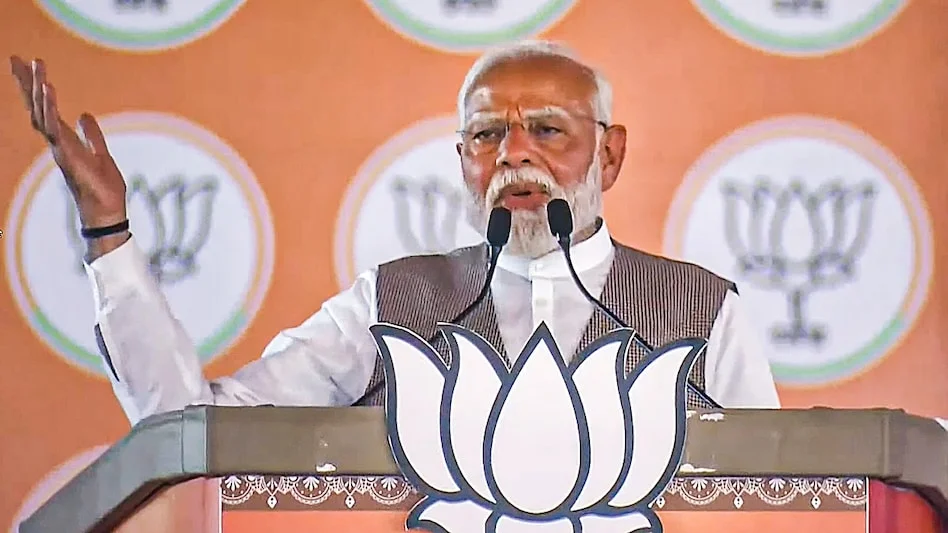POLITICAL NEWS DESK; Upcoming Lok Sabha Election: The construction of the Ram Mandir in Ayodhya has been a topic of immense significance and controversy in Indian politics and society for decades. As the temple nears completion, its impact on the upcoming Lok Sabha election in India is a matter of keen observation and speculation. Let’s delve into the potential effects of the Ram Mandir on the political landscape of India.
Historical Context and Sentiments
The Ram Janmabhoomi-Babri Masjid dispute has deep historical roots, representing a clash of religious beliefs and historical narratives. The Supreme Court’s verdict in 2019, which favored the construction of the Ram Mandir, marked a pivotal moment in this long-standing controversy. For many Hindus, the Ram Mandir holds immense cultural and religious significance, symbolizing the birthplace of Lord Ram and a testament to their faith.
Political Ramifications
1. BJP’s Narrative: The Bharatiya Janata Party (BJP) has been at the forefront of the Ram Mandir movement, advocating for the temple’s construction and leveraging this sentiment to garner support among Hindu voters. The completion of the Ram Mandir could further solidify BJP’s position as the champion of Hindu interests and cultural nationalism.
2. Opposition Dynamics: Opposition parties, while acknowledging the cultural significance of the Ram Mandir, may focus on issues like economic development, social justice, and governance in their election campaigns. They could strive to broaden the electoral discourse beyond religious symbolism to appeal to a diverse voter base.
3. Regional Impact: In states like Uttar Pradesh, where Ayodhya is located, the Ram Mandir issue holds particular relevance. Parties may adopt nuanced strategies tailored to local sentiments and alliances to maximize electoral gains in these regions.
Public Perception and Voter Behavior
1.Hindutva Agenda: The Ram Mandir’s completion could strengthen the Hindutva narrative, potentially influencing voters who prioritize religious identity and cultural heritage in their voting decisions.
2. Secularism and Inclusivity: Conversely, segments of the electorate may prioritize issues of secularism, communal harmony, and inclusive governance over religious symbolism, leading to varied voter responses across different demographics.
3. Youth and Urban Voters: Younger and urban voters, often more concerned with economic opportunities, education, and social progress, may assess political parties based on their vision for modern India rather than solely on religious rhetoric.
Campaign Dynamics and Strategies
1. BJP’s Campaign Focus: The BJP is likely to emphasize the successful completion of the Ram Mandir project as a testament to its commitment to Hindutva and cultural resurgence, framing it within the broader narrative of national pride and identity.
2. Opposition’s Counter-Narrative: Opposition parties may adopt a nuanced approach, acknowledging the cultural significance of the Ram Mandir while emphasizing issues like economic recovery, job creation, healthcare, and social welfare as central to their electoral appeal.
3. Coalition Dynamics: The role of regional parties and coalition politics will be crucial, with alliances and electoral strategies evolving to accommodate diverse voter sentiments and priorities across different states and regions.
The impact of the Ram Mandir on the upcoming Lok Sabha election in India is multifaceted, touching upon issues of identity, ideology, governance, and electoral strategy. While the temple’s completion may galvanize certain segments of the electorate aligned with the Hindutva agenda, the electoral landscape remains dynamic and shaped by a range of factors beyond religious symbolism. Ultimately, the election outcome will reflect the complex interplay of historical legacies, socio-political dynamics, and evolving voter aspirations in modern India.









